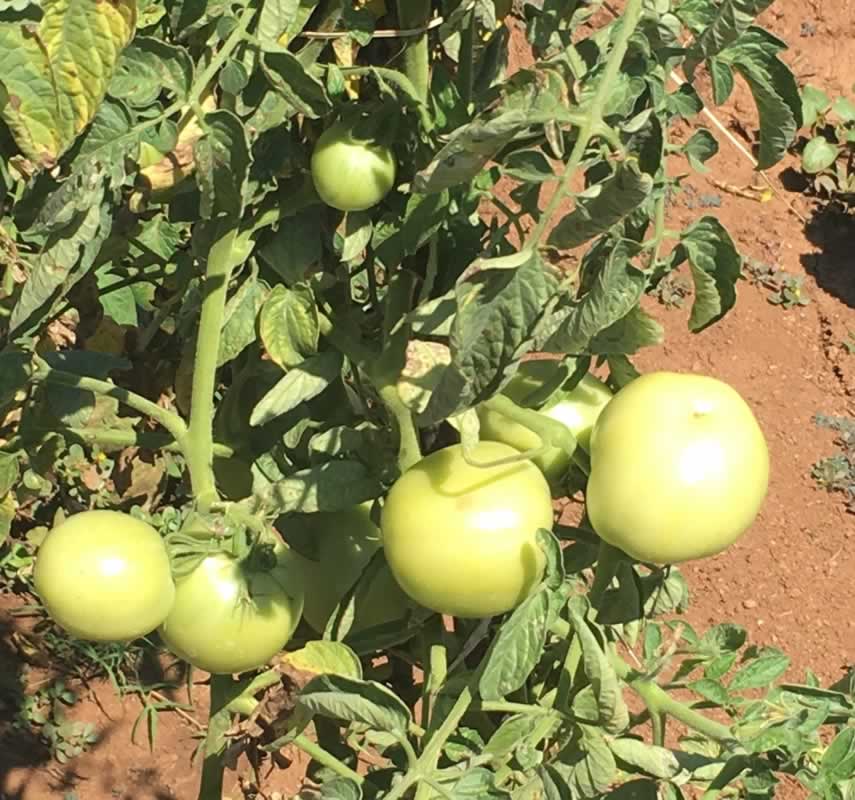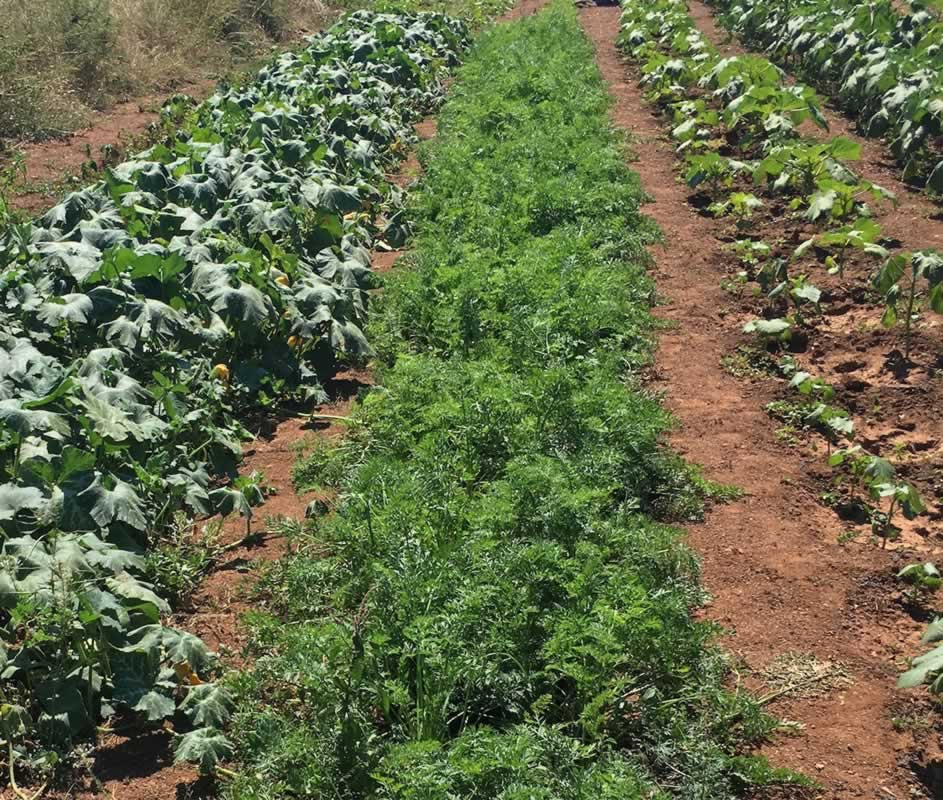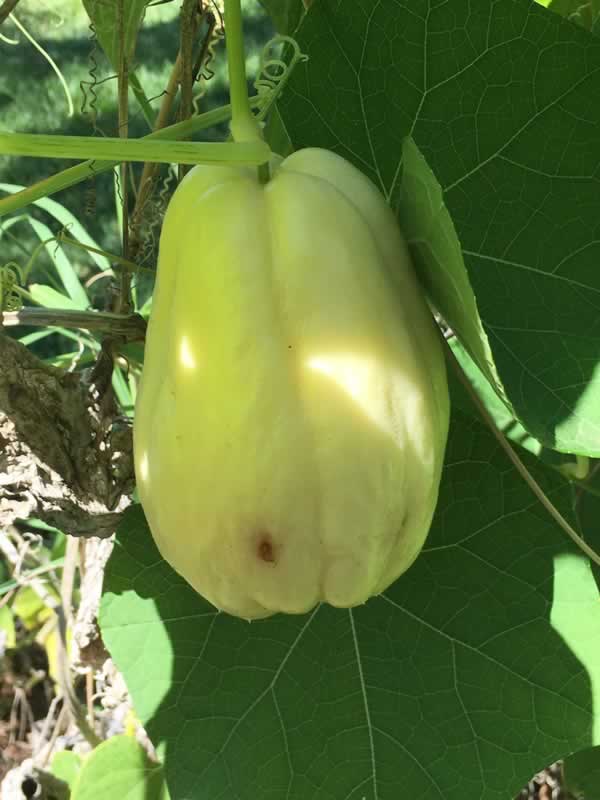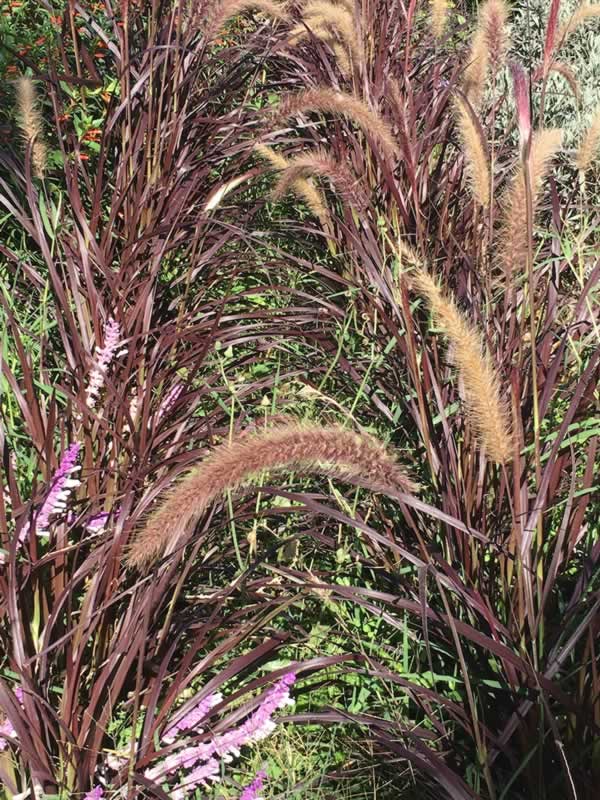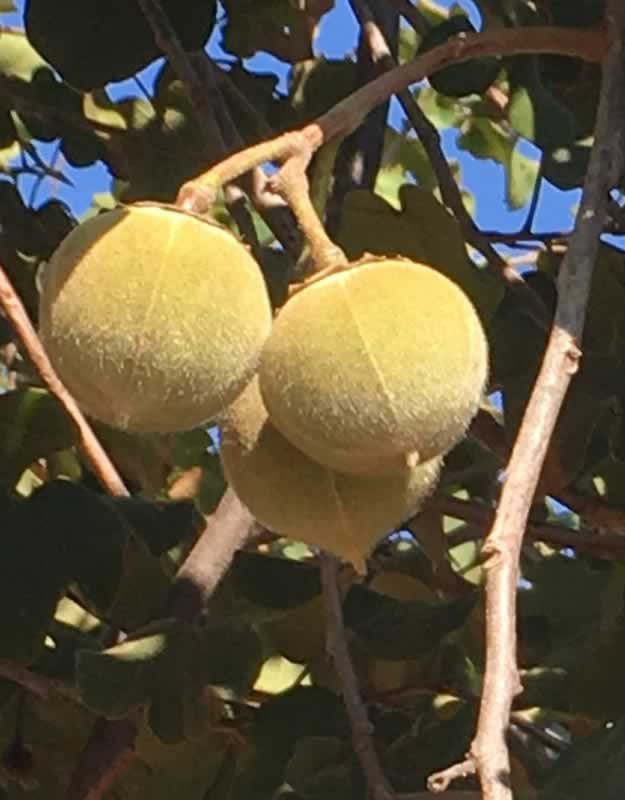Trip to Zimbabwe 2018
How can a designer put together a garden based on a place they haven’t been to? In order to design the CAMFED Garden I had to experience Africa for myself – the people, colours, sound, heat, vibrancy, plants and atmosphere. CAMFED suggested Zimbabwe as this was where their first office opened. So in April 2019 I set off to Harare, the capital of Zimbabwe.
One of the wonderful things about visiting is that nothing gets started until we have had a song and dance – something that I now try do everyday for a quick blast of happiness!
Next up was meeting CAMFED Zimbabwe team Faith Nkala (Country Director, CAMFED Zimbabwe) and Sinikiwe Makove (Head of Programmes) to better understand how CAMFED works to support schools and communities in rural Zimbabwe.
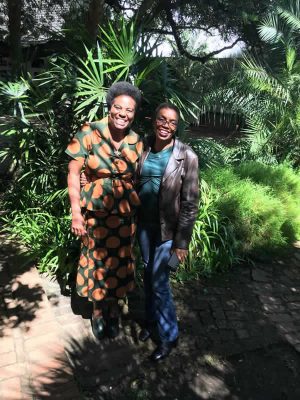
Then on to KweKwe, in the centre of Zimbabwe. On the way we went through beautiful rural settings. The warm colours from the iconic red soil and bold rocks scattered throughout the landscape is something I will use in the garden to give a sense of place.
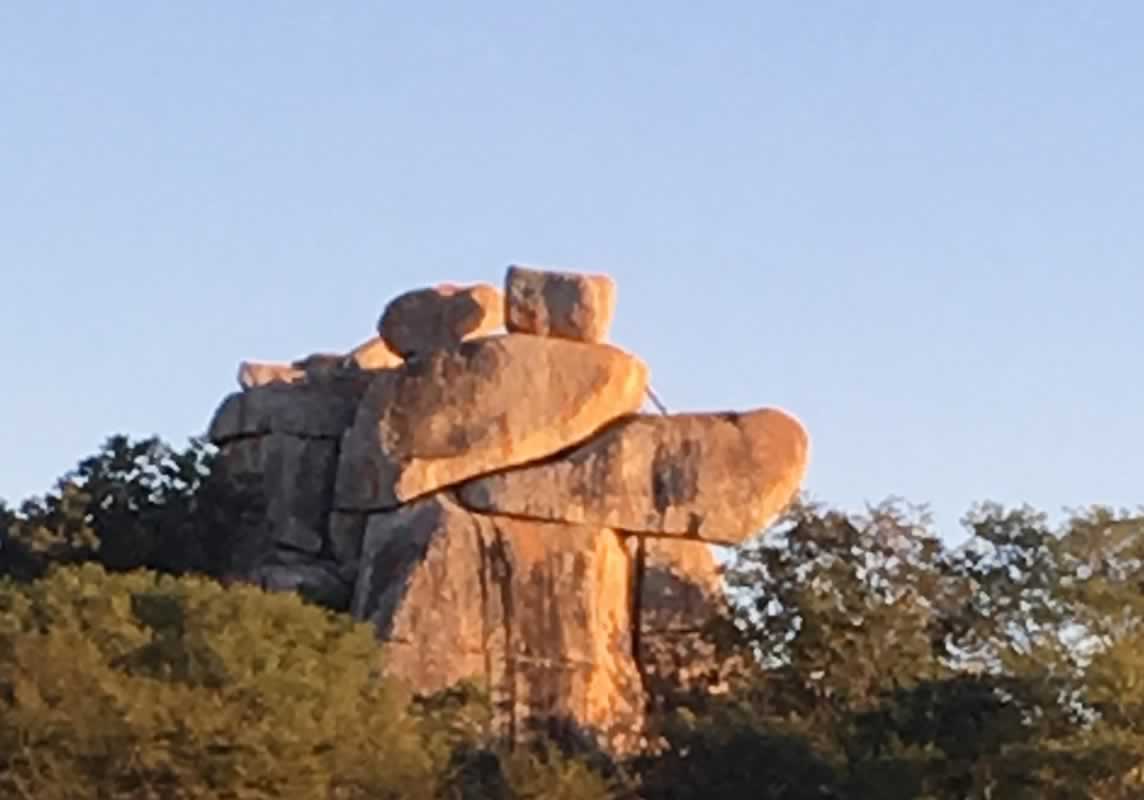
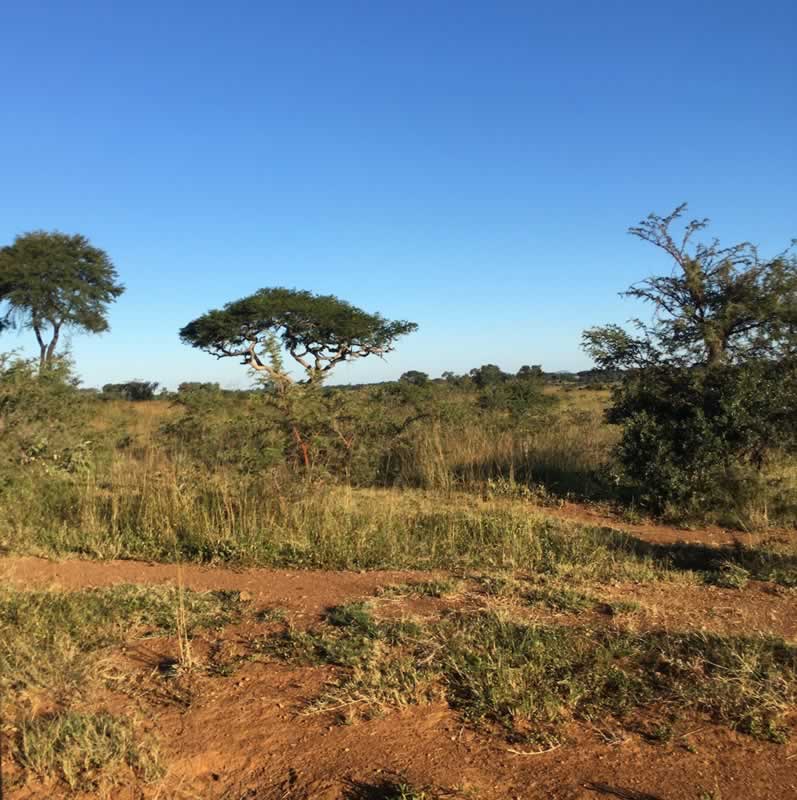
Our first stop was the Ministry of Education for permission for us to visit the schools.

And then to meet Beauty, who has been a major inspiration for the design. Beauty was supported through school and on to agricultural college by CAMFED. She now runs a thriving agricultural business. She is a skilled farmer, carefully monitoring her yields from different crop varieties, and reinvesting profits into her company. As a successful Camfed ‘graduate’ she now helps pay for girls in her community to stay in school, and also allows her business to be used as a learning resource for the local school.
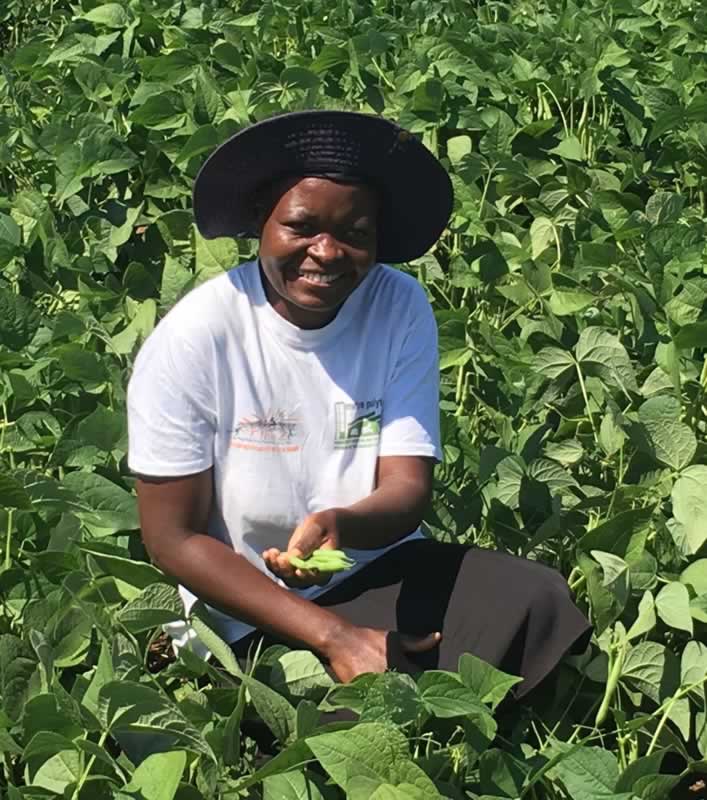
Visiting her business and understanding how keeping her in education has facilitated economic growth in her local community was the inspiration behind the theme of the CAMFED garden.
Lastly but not least, I needed to understand the plants that are easily and typically grown for food in Zimbabwe, those that are taught about in schools and colleges for cultivation by women to feed their families, or those women starting up their own agricultural businesses.
